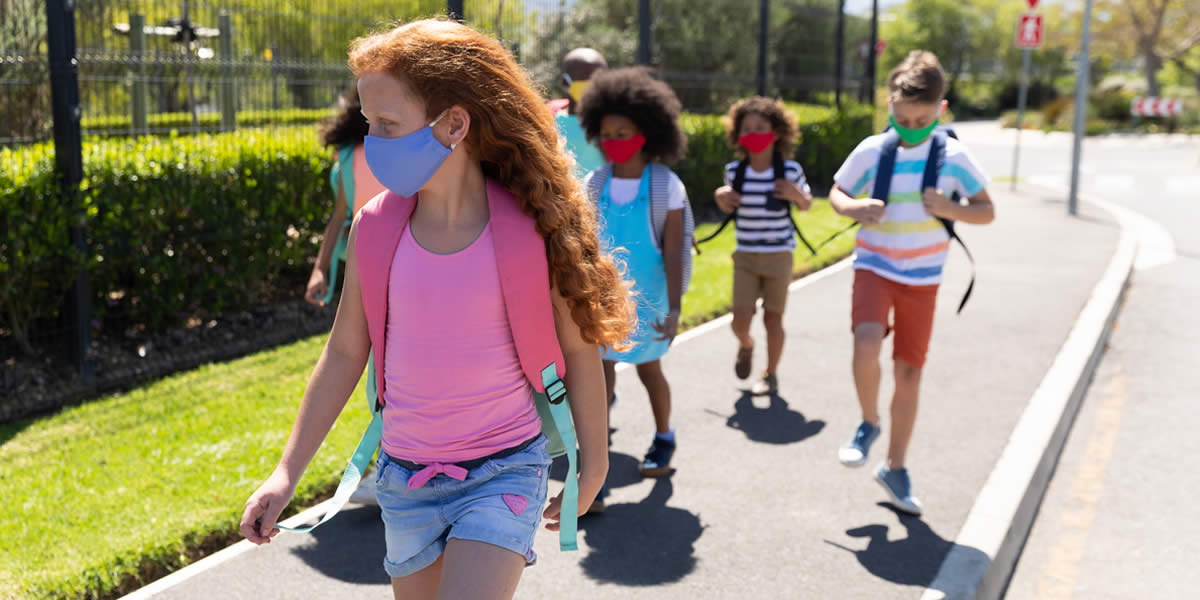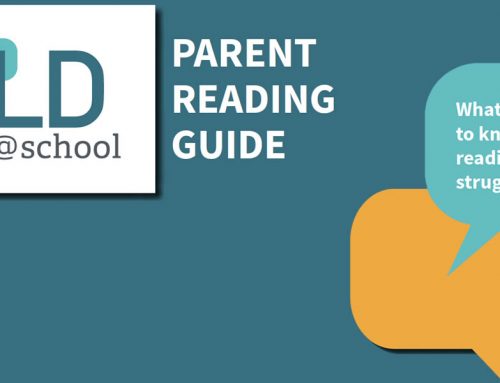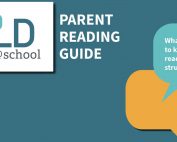For children with LDs and/or ADHD, structure and routine can be key. So how can you help your child successfully transition from the school year, with all of its structure, to the summer, where, for many, anything goes? Understood.org hosted a twitter chat on this topic on May 17, 2017, and LD@home used this chat to inspire the ideas below. To access the full twitter chat, use the hashtag #LDchat and look for posts made on May 17, 2017.
End-of-year Challenges
Expect a lot of changes to routine as the school year winds down, both in and out of school. Special events are constantly cropping up: field trips, school dances, concerts, report cards, etc. This is going to throw off your child’s schedule, and it’s been proven time and again that consistency is key for many students with LDs.
Why are These Changes Difficult for Kids with LDs and/or Attention Issues?
- Uncertainty over what is coming next – both in their upcoming transition (new grade, teacher, classmates, school, etc.), as well as during the summer months
- Lack of consistency – routines tend to be much looser in the summer months and even leading into them
- Loss of control due to the lack of consistency, both at home and at school
- Increased social anxiety related to end of school year parties and events that are happening both in and outside of school
Reducing Anxiety and Challenging Behaviours
- Let kids know what’s going to change in advance as much as possible. This will reduce uncertainty and accompanying anxiety
- Talk to your child’s teacher about letting students know about upcoming changes to reduce uncertainties at school
- Set clear expectations – let children know how things will be changing and exactly what you expect from them as the changes take place
- For example, if you are attending a graduation ceremony, talk to your child about approximately how long the ceremony will last, how they should behave during the ceremony, etc.
- If your child becomes anxious in social settings, talk to them about specific social events they will be attending – what can they expect the flow of the event to look like, how should they interact with others, how long are they expected to stay, etc.
- Talk to your child about upcoming transitions – it’s hard to say the right thing when you don’t know exactly how they’re feeling, so opening up the lines of communication may help you have meaningful conversations with your child
- If your child thrives on having a set schedule, consider setting one for the summer. This could be visual, written, or whatever format works for your family. Here are some suggestions for how to set up a schedule:
- Consider broad blocks of activity time, e.g. playing outside, doing chore, reading time, etc.
- Aim to set up a consistent schedule by enrolling them in regularly scheduled activities and then keep a record on a weekly calendar
- Consider a daily to-do list
- Set some summer goals to work towards, e.g. reading a certain number of books in a specific period of time, learning a skill, working towards a fitness goal, visiting a new place, etc.
The biggest takeaway message here is to find solutions that work for your family. Talking things through with your child and keeping them in the loop helps to reduce surprises and may help to prevent anxiety or challenging behaviours. Coming up with a plan to keep some consistency over the summer will also reduce uncertainties and help your family to create a routine that works for you.










